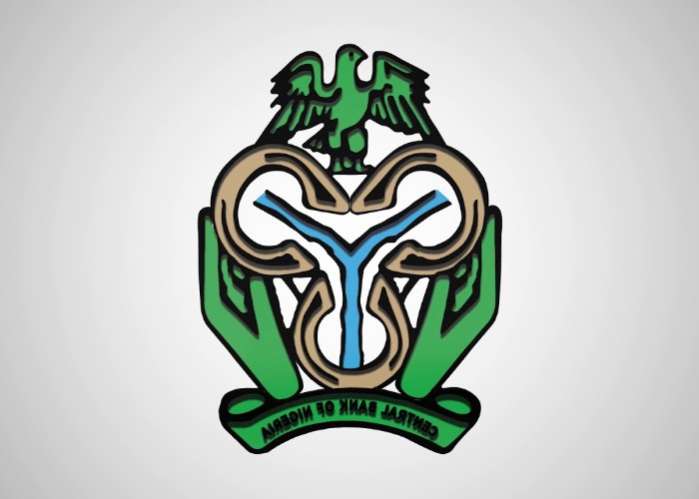The Central Bank of Nigeria has expressed displeasure towards some banks and international money transfer operators (IMTOs) that have, despite its recent directive, continued to pay remittances in local currency.

It warned of “stiff” consequences for organisations that continue to flout its directive.
The bank had directed IMTOs and commercial banks in the country to start paying beneficiaries of diaspora remittances in foreign currencies through the designated bank of their choice.
This is expected to boost foreign exchange liquidity and foster an environment that would enable a faster, cheaper, and more convenient flow of remittances back to Nigeria.
However, according to its release Wednesday, it said it discovered that a few operators continue to pay remittances in local currency contrary to the regulatory directive.
The bank has provided additional operational guidelines for all operators to follow or be sanctioned.
The guidelines
1. Switches and Processors should immediately cease all local currency transfers in respect of foreign remittances through IMTOs.
2. All MMOs are required to immediately disable wallets from receipt of funds from IMTOs.
3. Payment service providers are directed to cease integrating their systems with IMTOs going forward and must prevent commingling of remittances with other legitimate transactions.
4. All IMTOs are required to immediately disclose to beneficiaries that they exercise discretion to receive transfer in foreign currency cash or directly into their domiciliary accounts.
5. A central reporting portal for all foreign remittances to be managed by the Nigerian Interbank Settlement System (NIBSS) is currently under development to improve visibility of foreign remittance flows.
“All licensed institutions are required to comply with the foregoing guidelines as contraventions will attract stiff regulatory sanction including revocation of license.
“The CBN remains committed to promoting transparency in the administration of diaspora remittances into Nigeria and will continue to enforce policies that will stabilize and deepen the Nigeria foreign exchange market”.
(NAN)















